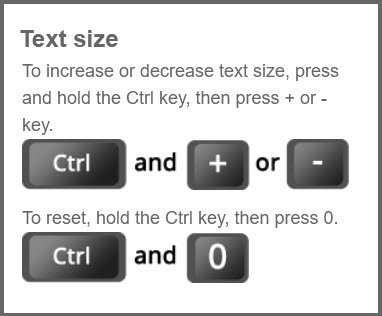These clinical tools and stroke awareness materials have been created by subject matter experts within the stroke system to support best practices.
The tools are organized in general categories. Click each category to see the selection of tools or websites available.
- Aphasia - Introduction: This short video is an introduction to aphasia post-stroke.
- Aphasia - Practical Post-stroke Tutorials: Practical videos to help enhance conversations.
- Aphasia Institute e-Module: Supported Conversation (SCA™) eModule
- Aphasia Institute (SCA™) Resources: Free pictographic resources called 'Participics' to help facilitate conversations
- Aphasia Friendly Toolkit: This new toolkit will help you provide aphasia-friendly materials in your practice. Available now!
- Aphasia Software Finder: Info on aphasia therapy apps and software for healthcare professionals and people with aphasia.

